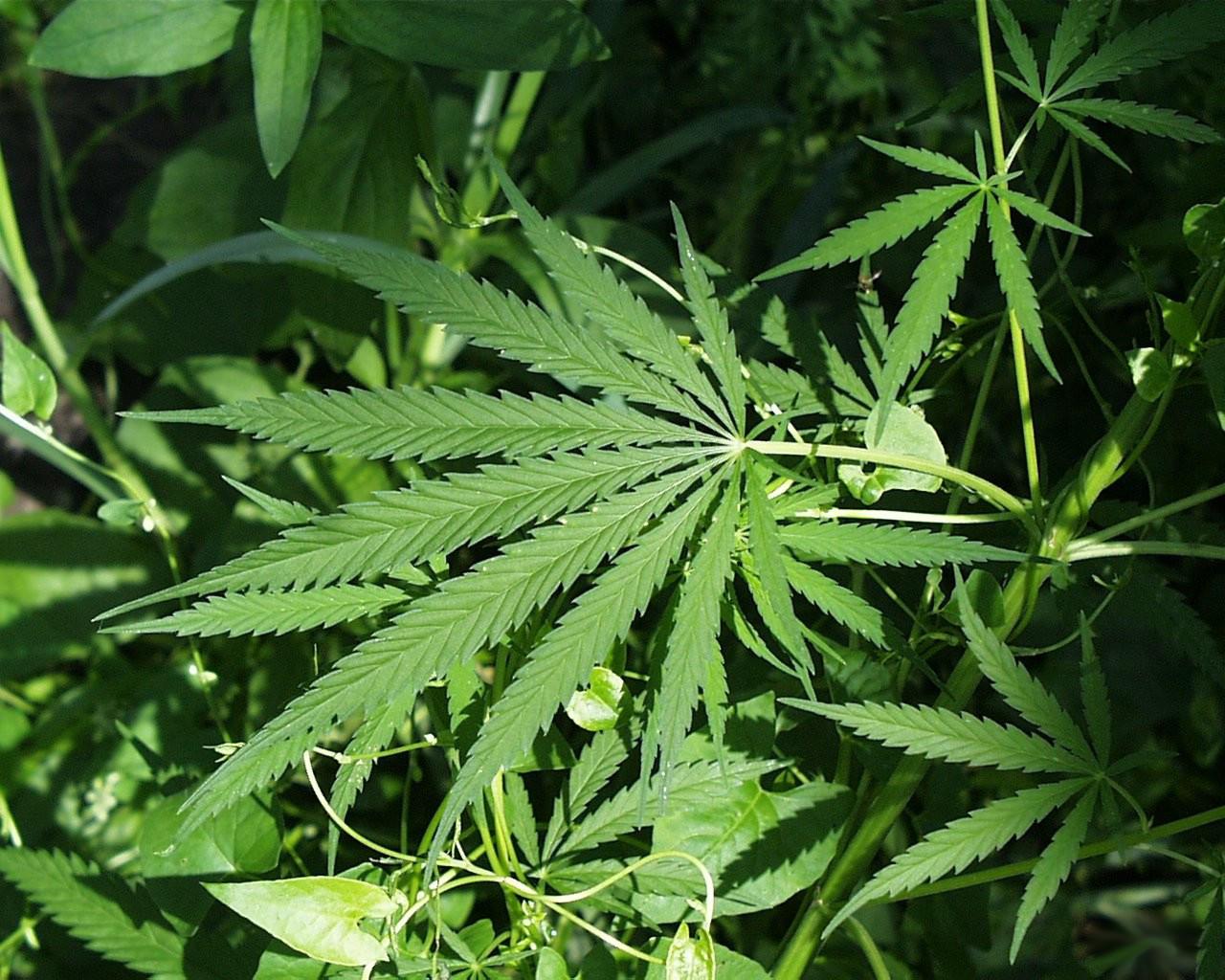Cannabis is already one of the most widely used drugs globally, and its use will likely grow even more as it becomes more socially accepted and legally available. For many the recreational use of cannabis poses few problems, but for as many as a third of users, it becomes problematic developing into an addiction or what scientists call cannabis use disorder. Research suggests that genetics may explain why.
Searching the Genome for Clues
In collaboration with 23andMe Research Institute, researchers at the University of California, San Diego published a study today that found genetic links to cannabis use as well as links to psychiatric, cognitive, and physical health. The researchers used data from more than 130,000 people who consented to participate in 23andMe research. Participants answered survey questions on whether they had ever used cannabis (“lifetime use”) and, for those who had, how often they used it during their heaviest 30-day period (“frequency of use”). The team then conducted genome-wide association studies searching for genetic variants linked to ever trying cannabis and how often people used the drug.
What the Data Revealed
Researchers found that having ever used cannabis was associated with two genetic regions: CADM2—a gene previously linked to cannabis and other substance use, impulsivity, and risk-taking—and GRM3. While GRM3 has been tied to alcohol use, schizophrenia, and certain personality traits, this is the first time it’s been linked to cannabis use. How often someone used cannabis was associated with a different variant also near CADM2, strengthening this gene’s role in cannabis behaviors.
Both having ever used cannabis and how frequently someone used cannabis were genetically linked to other substance use, pain, and psychiatric conditions like depression. Researchers also created polygenic scores—which tally the effects of many different genetic variants—to estimate both the likelihood of ever having used cannabis and the frequency of cannabis use. These polygenic scores were able to replicate associations between cannabis use and substance use and mood disorders in two other independent research datasets (All of Us and BioVU). The researchers also uncovered novel associations with anxiety, celiac disease, HIV, and viral hepatitis.
Why This Research Matters
Most genetic research on cannabis has focused on two points in the spectrum: first use and cannabis use disorder. But the stages in between—like how often someone uses cannabis—are just as important. Studying these “pre-addiction” traits may help determine who is more likely to progress from a casual user to someone with cannabis use disorder. This study was one of the first genome wide association studies to look at traits that may lead to cannabis use disorder.
Traits like frequency of cannabis use can reveal genetic factors that shape vulnerability before addiction develops. Understanding these factors could eventually help predict risk for cannabis use disorder and related health conditions.
More Than Just DNA
Like all research there are some important considerations to keep in mind for this study:
- While this research focused on genetics, many non-genetic factors may also play a significant role in a person’s likelihood of using cannabis or developing cannabis use disorder.
- The study was conducted in people of European descent (based on an analysis of their local genetic ancestry), so the findings may not fully apply to people of other ancestries.
- The measure of frequency (use days in a 30-day window) of using cannabis doesn’t capture full patterns such as the duration of regular use or quantity consumed.
- While GRM3 is a promising lead, more work is needed to understand how the genetic variant in this region affects cannabis use biology.
The Road Ahead
Future research will need to expand to larger and more diverse cohorts and include other cannabis-related traits such as craving, withdrawal, and response to cannabis. Combining genetic insights from multiple stages of cannabis use could:
- Improve the discovery of new genetic variants
- Help build predictive models for problematic use
- Clarify how cannabis genetics intersect with physical and mental health
Takeaway: Studying genetic influences on early cannabis use behaviors could eventually help predict risk for cannabis use disorder and related health conditions, and may help shed light on who is most at risk for cannabis use disorder. These findings mark an important step toward understanding the genetics of cannabis use and its health consequences.




